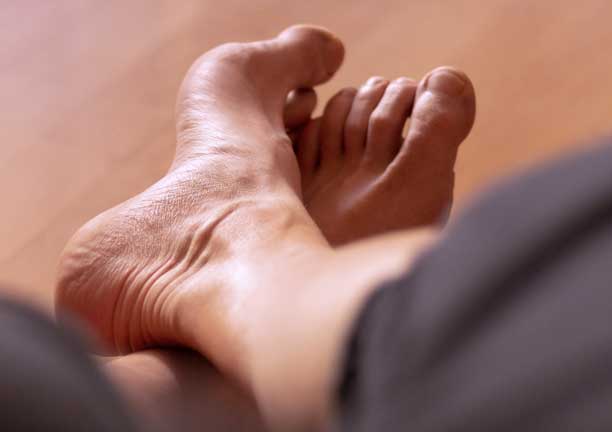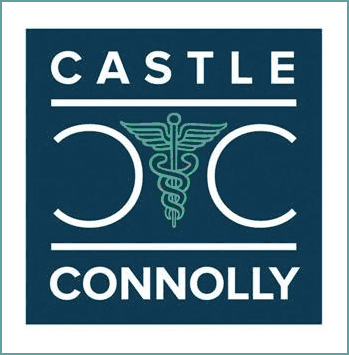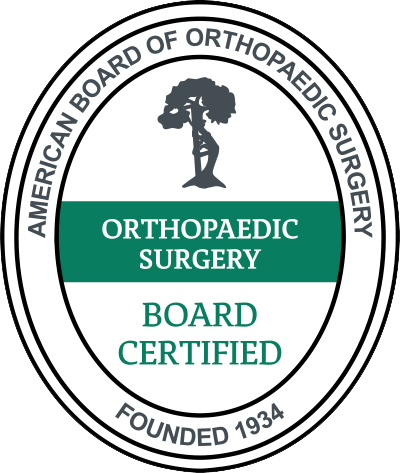What is Cavus Foot?
Medically reviewed by Dr. Randolph Sealey
Our bodies come in all shapes and sizes. Even our feet vary extensively from one person to another. While babies’ feet, as cute as they are, often look quite similar to other babies’ feet, by the time we are full grown, foot structure varies enormously. While some people have very flat feet with low arches, others may have high arches, where the foot often looks as if it is pointing at all times.
Cavus foot is a condition where an abnormally high arch of the foot results from an excessive amount of body weight being directed to the ball and heel of the foot. Cavus foot can be congenital or acquired, may develop at any age, and can affect one or both feet. Cavus foot may lead to foot pain and instability, and depending on the severity and degree of pain, patients may need to contact a Foot and Ankle orthopedic specialist for help.
Causes of Cavus Foot
This condition can be caused by a wide variety of factors, but is generally a normal variance caused by genetics. It can be present at birth and the result of an inherited structural abnormality. In many cases, however, cavus foot develops slowly – later in life – as the result of a nerve or muscular disorder. Stroke, cerebral palsy, spina bifida, Charcot-Marie-Tooth disease and other medical conditions can cause cavus foot to develop.
How do I know I have Cavus Foot?
The most obvious symptom of Cavus foot is a high arch that is present even when the person is standing. Because a Cavus foot results in an excessive amount of pressure in the ball of the foot and heel, the person may experience foot pain, ankle instability, and calluses on the sole of the foot. The person may also develop claw toes or hammer toes and repeated ankle sprains are likely from the heel tilting inward.
How is Cavus Foot diagnosed?
An orthopedic foot and ankle specialist can diagnose this when the patient is standing and evaluates the patient’s walking pattern and coordination. If a neurological condition is suspected, the patient may be referred to a neurologist for further assessment.
What is the treatment for Cavus Foot?
Treatment depends on the underlying cause of the problem and conservative care can be effective for most cases. Physical therapy, stretching and specific foot exercises can be effective in alleviating stiffness and weakness. In some cases, orthotic devices, braces or changes in footwear may be recommended to provide more support for the foot. If the Cavus foot has resulted from a nerve or muscle disorder, the underlying cause will be treated. In some cases, surgery is needed to correct the deformity.
If you are concerned about foot pain resulting from high arches, contact your physician. They will be able to advise you as to what treatment can best alleviate your individual issues.



















